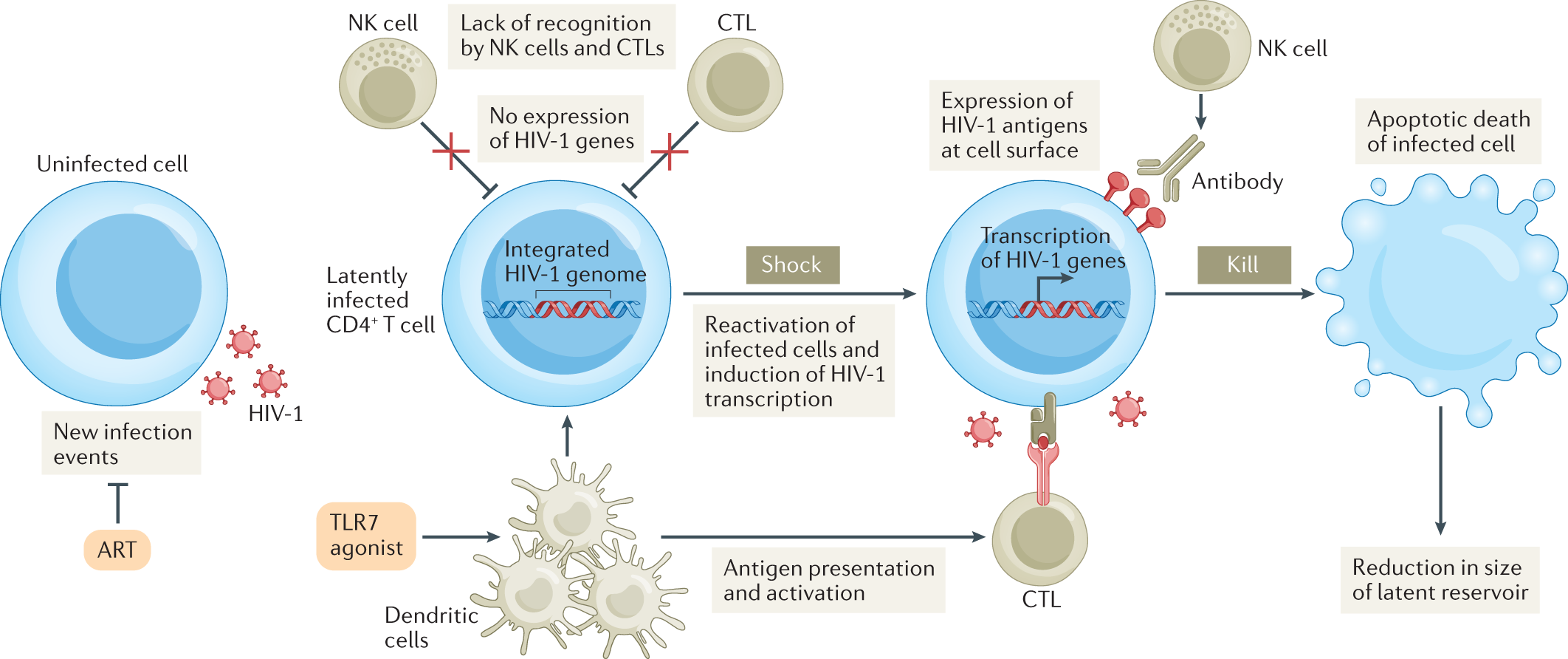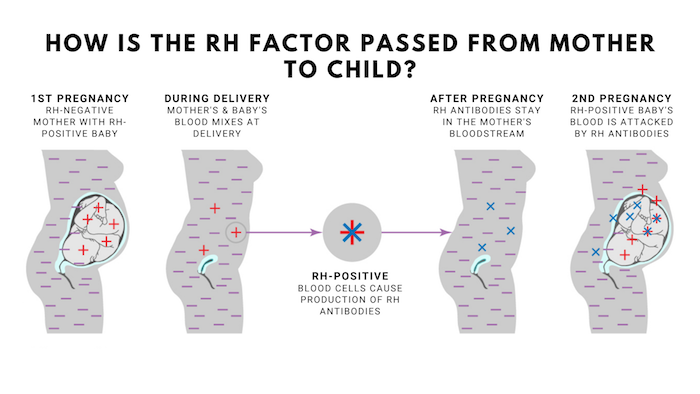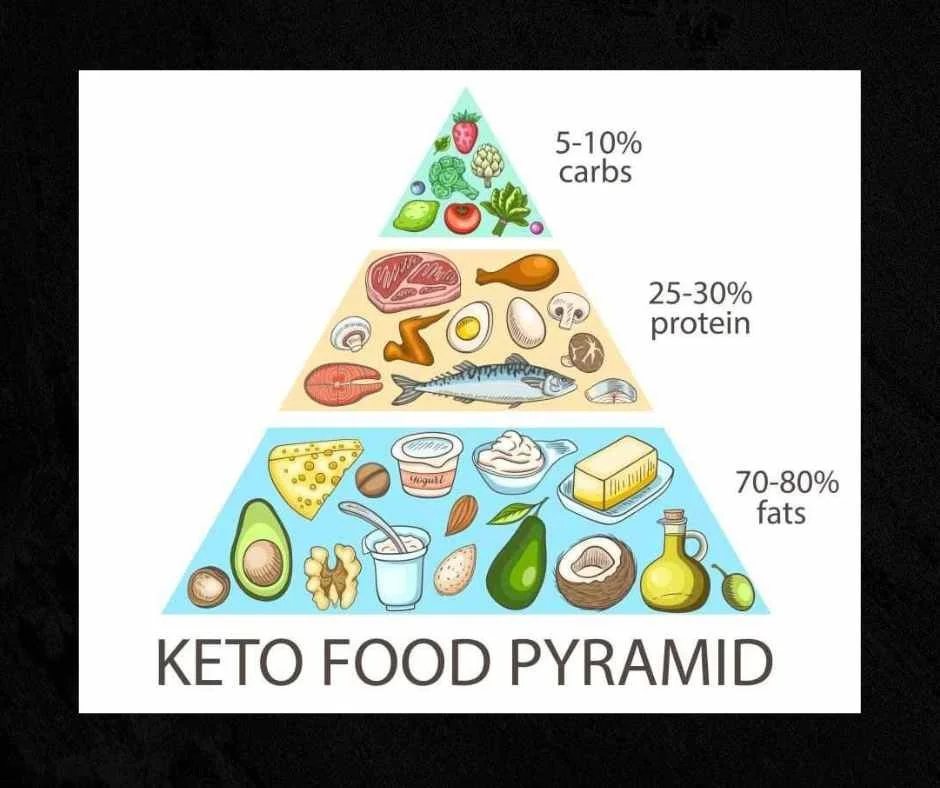USMLE Step 1 Exam – How To Study The Biochemistry Portion Of The Exam
Preparing for the USMLE Step 1 exam can be a tough, daunting task that can exhaust even the best medical student. Because of the sheer volume of information that must be mastered in order to get a good score and thus get into a good residency program, understanding how to prepare for each discipline can help to lower your anxiety and ultimately help you achieve a much better score on your exam.
Studying for biochemistry can be tough not only because there is a ton of information but because the majority of this information must be memorized, and is not all conceptual. Because of this, there are a few tips I’d like to share with you than can help to lower your time spent studying biochemistry and ultimately help you score better.
Tip #1 – Create a list of all the ‘rate limiting enzymes’
Tip #2 – Know the common enzyme deficiencies
Tip #3 – Be able to answer a question asking you “where” a reaction occurs
Tip #4 – Make the connections between certain biochemistry principles and pathology
Let’s take a closer look at each of these tips so we can have a better understanding of each:
#1 – Create a list of all the “rate limiting enzymes”
There are a ton of processes that you must understand and memorize, and one of the best tips you can get to simplify this is to memorize each and every RLE, as these are the most commonly asked types of questions relating to all of the common biochemical processes. By recognizing the RLE’s for reactions like glycolysis, the Krebs cycle, etc, you can cut back significantly on the effort required to get the easy points on these types of questions.
#2 – Know the common enzyme deficiencies
There are a ton of pathologies that result from enzyme deficiencies, and one of the best ways to prepare for these is to create a laundry-list of pathological conditions that result from enzyme deficiencies and then list the enzyme that is deficient. Take it a step further by including the other pertinent information such as the products that build-up due to the enzyme deficiency as well as the products that are deficient and which ultimately cause the pathology.
#3 – Be able to answer a question asking you “where” a reaction occurs
This is a common type of biochemistry question, and you can gain some easy points by knowing where the major biochemical reactions occur. Whether it is in the mitochondria, cytoplasm, etc are simple to memorize and can give you a couple easy points on the exam.
#4 – Make the connections between certain biochemistry principles and pathology
This sort of ties into the above tips, but always be sure to combine your biochemistry studying with pathology, as there is a lot of information that overlaps. By doing this you can simplify your studying and also cut back significantly on the time spent studying.






